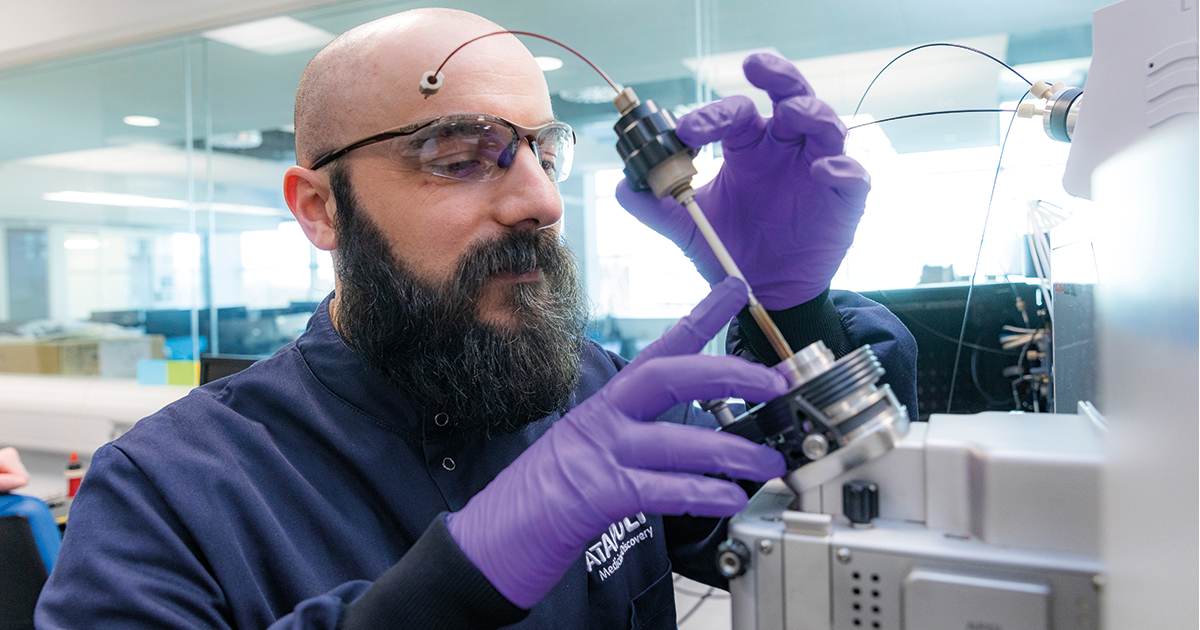Researcher in Residence: Breaking barriers in medical device safety

When it comes to the pursuit of safer and more effective medical devices, pre-clinical testing takes centre stage. Michael Bryant from the University of Birmingham will be joining forces with the Advanced Manufacturing Research Centre in Sheffield in an attempt to confidently predict medical device performance before introduction, particularly in terms of wear and corrosion. Recent high-profile failures, such as the metal-on-metal hip issue, have raised questions about testing standards and the responsibility of manufacturers to isolate potential problems before devices hit the market.
The demand for pre-clinical testing that mirrors real clinical situations is evident. As testing scenarios grow more intricate, so do equipment expenses, testing time, and the multitude of factors that come into play, including surgeon-patient interactions and implant variables. Addressing these challenges urgently requires a cohesive framework that combines actual patient data with digital and experimental technologies, propelling safer yet accelerated product development.
Enter Michael Bryant’s SPEED (Streamlining PrEclinical testing of musculoskEletal Devices) project—an ambitious initiative aimed at harnessing digital-twin capabilities to scrutinise and comprehend the ‘worst-case’ parameters affecting medical device performance. This groundbreaking effort seeks to uncover high-risk situations, offering valuable insights that will fuel the creation of clinically pertinent test scenarios. Cutting-edge biomechanical hardware will be used alongside real-time condition monitoring, all in an effort to ensure the safety and reliability of medical devices.
The SPEED project aligns seamlessly with the AMRC/ HVM Catapult programe’s mission for ‘Virtual Prototyping for Accelerated Sustainable Product Design.’ By reducing the need for costly and time-consuming tests, including those involving animal products, SPEED significantly streamlines the testing process.
In essence, the SPEED project is set to revolutionise how medical devices are tested and validated. Through the integration of cutting-edge technology and real patient data, it promises a brighter future where medical innovations are safer, more efficient, and aligned with the needs of patients and practitioners alike.



